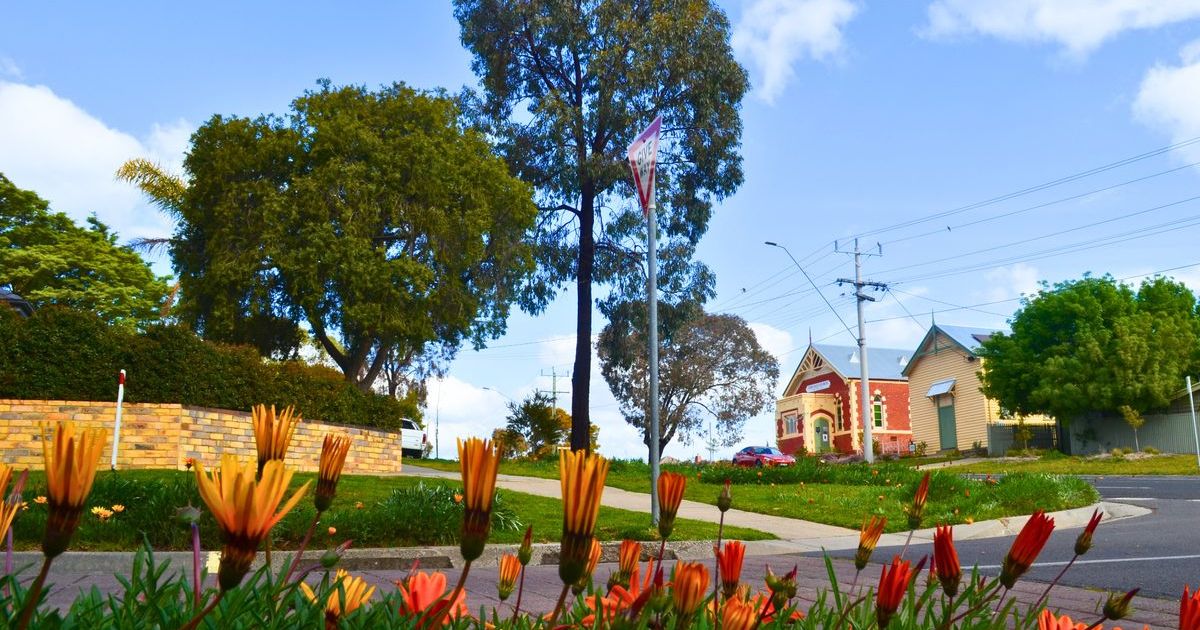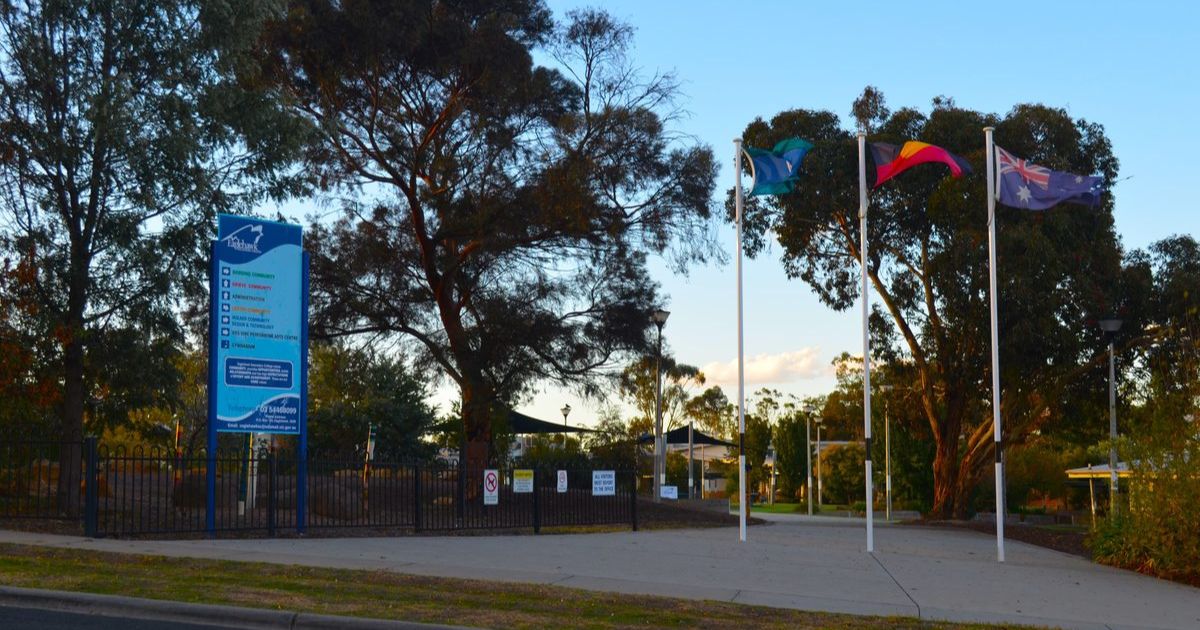Pathways Program breaking through

Purposeful participants: Former pathways student Melissa Baerken, Rochester Secondary College principal Matthew Koutroubas, La Trobe Pro Vice-Chancellor (Regional) Associate Professor Melanie Bish, Pathways participant Jordy Rasmussen, Agnico Eagle's Felicia Binks, and Coliban Water's Patrick Egan. Photo: SUPPLIED
LA TROBE University has reported that its Regional Pathways Program in Bendigo has more than doubled in size since it was established in June last year and is now operating across seven regional schools, including Rochester Secondary College.
The Program is designed to support pupils in regional Victoria, particularly those from underrepresented or disadvantaged backgrounds, in accessing higher education.
It aims to address the disparity in participation between regional and metropolitan areas.
Census data from 2021 found only 23 per cent of 19 to 21-year-olds in Bendigo were enrolled at a higher education institution, compared to Greater Melbourne’s participation rate of almost 50 per cent.
La Trobe Pro Vice-Chancellor (Regional) Associate Professor Melanie Bish said the program improved educational outcomes for regional students, which then impacted the economic and social development of the regions.
“When we invest in regional students, we invest in the future workforce of our communities by creating a pipeline of skilled professionals,” Dr Bish said.
“Our Regional Pathways Program is helping young people see a future for themselves close to home, returning value to their communities through local employment and leadership.”
Contributions from Agnico Eagle and Coliban Water have helped the program’s expansion in Bendigo in underwriting about half of the 225 student places planned for the next two years.
Agnico’s director of environment and sustainability Australia Felicia Banks said her organisation was proud to support a program that opened doors for young people, many of whom may be the first in their family to attend university.
“By removing barriers to higher education, this initiative creates new opportunities and helps close the gap in tertiary participation across our region,” she said.


















